Our brains are incredible machines, capable of storing vast amounts of information. Yet, like any storage system, the manner in which we input, manage, and retrieve this data is crucial.
Enter flashcards and spaced repetition: two tools that are revolutionizing the way we learn and remember.
Whether you’re a student, professional, or lifelong learner, understanding these techniques will forever change your approach to memory.
The Magic of Flashcards
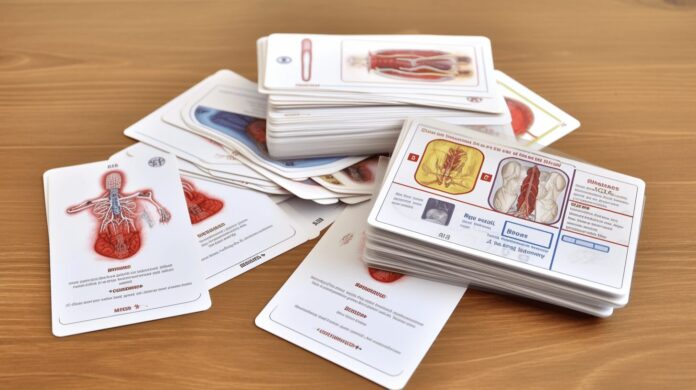
Flashcards have long been hailed as a simple yet effective learning tool. But why are these bite-sized bits of information so powerful for our memory?
Active Recall
Active recall is the act of retrieving information from memory without external cues. It’s like trying to remember the name of a movie without googling it.
Traditional study methods like re-reading highlight passive learning. In contrast, when we use flashcards, we actively test our memory. This challenges our brain, making the memory stronger with each retrieval.
If you want to test yourself in a modern way, visit Gizmo.
Strengthening Neural Connections
The brain thrives on connections. Every time we actively recall a piece of information, we strengthen the neural pathways associated with that knowledge, making it easier to retrieve later.
Flexibility and Customization
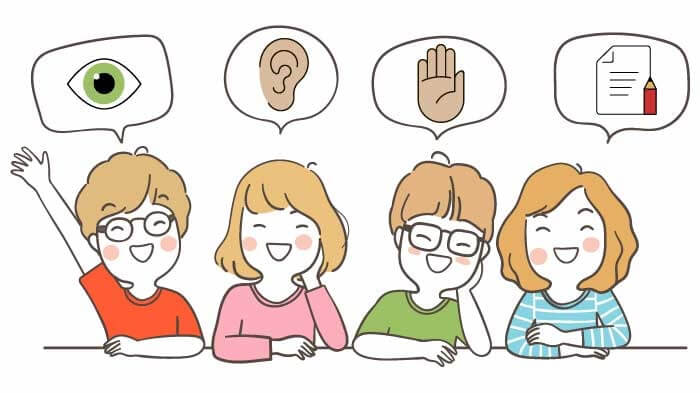
Flashcards aren’t just about rote memorization. They’re flexible tools that can be tailored to your unique learning style.
Personalize Your Learning
We all learn differently. Some prefer visual aids while others benefit from mnemonic devices. With flashcards, you can incorporate drawings, colors, or even rhymes to enhance your study experience.
Chunk Information
Breaking down complex topics into digestible bits can make challenging subjects more approachable. Flashcards allow you to take vast amounts of information and divide it into bite-sized chunks, making learning more manageable and less overwhelming.
The Science of Spaced Repetition
While flashcards are powerful on their own, combining them with the technique of spaced repetition amplifies their efficacy. But what is spaced repetition, and why is it so transformative?
What’s the Forgetting Curve?
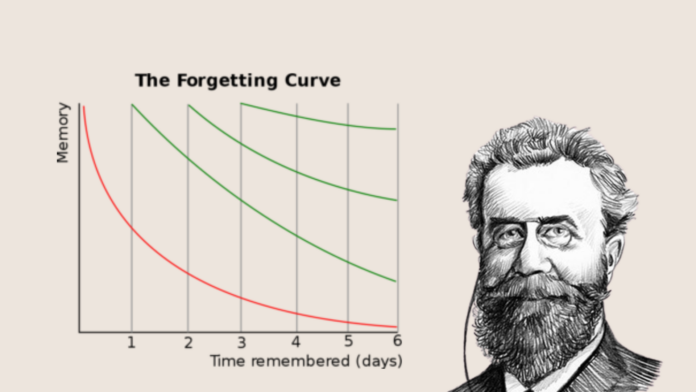
German psychologist Hermann Ebbinghaus introduced the concept of the forgetting curve. It shows how information is lost over time when there’s no attempt to retain it.
Without reinforcement, our memories fade. This is a natural process, but one that can be counteracted. Ebbinghaus discovered that each time we revisit information, the decline of the forgetting curve becomes less steep.
Strategic Repetition
By revisiting and reviewing information just at the moment we’re about to forget it, we reinforce our memory. This strategic timing is the essence of spaced repetition, making each study session more effective.
Software and Apps for Spaced Repetition
The digital age has blessed us with myriad tools designed to harness the power of spaced repetition seamlessly.
Platforms like Anki and Quizlet use algorithms to determine the optimal time to review a flashcard. This means you’re always studying in the most efficient way possible, maximizing retention.
These tools adjust based on your performance. If you consistently remember a fact, the software will present it less frequently. Conversely, if you struggle with a concept, you’ll see it more often until it’s firmly cemented in your memory.
Merging Flashcards with Spaced Repetition
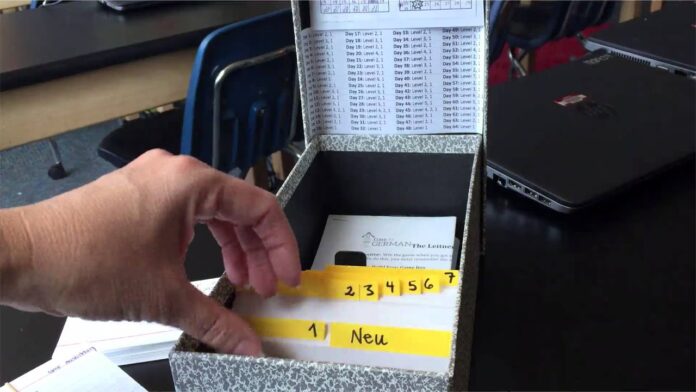
When you blend the active recall of flashcards with the strategic timing of spaced repetition, the results are profound.
Comprehensive Memory Boost
While flashcards test your memory and spaced repetition determines the optimal review timing, together they ensure that your brain is constantly challenged and your memories are continuously reinforced.
Long-Term Retention
Spaced repetition ensures that information isn’t just crammed into your short-term memory for a test. Instead, it transitions knowledge to your long-term memory, ensuring you remember it for years to come.
Tips for Effective Implementation

Merging two powerful techniques requires some strategy. Here are some tips to ensure you make the most of your study sessions.
Consistency is Key
Like any study technique, consistency is paramount. Try to study your flashcards every day, even if it’s just for a short period.
Trust the Process
Initially, you might feel like you’re reviewing cards too often. However, trust the algorithm. It’s designed to present information just as you’re about to forget, optimizing memory retention.
The Underlying Neuroscience
Digging a little deeper, it’s fascinating to understand the brain’s mechanisms when utilizing flashcards and spaced repetition. Knowing this science can further motivate learners.
Neuroplasticity and Learning
Neuroplasticity, often referred to as brain plasticity, describes the brain’s ability to reorganize and adapt.
When we learn, our brain’s structure changes. Synapses—the connections between neurons—strengthen, and new ones form, making our neural network more robust.
Flashcards and spaced repetition harness this capacity, continuously challenging the brain, promoting greater synaptic growth, and ensuring our neural “muscles” stay fit.
Dopamine and Reward Systems
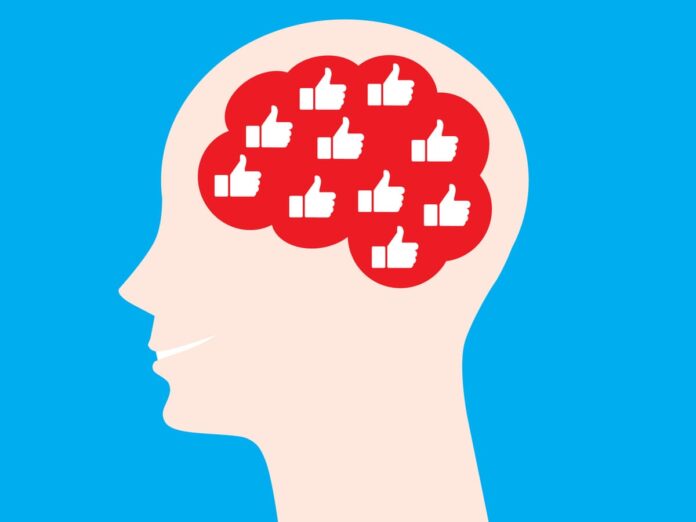
Our brain rewards us for successful learning, and understanding this mechanism can add another layer of motivation.
Every time you correctly recall a flashcard, your brain releases dopamine, a neurotransmitter associated with pleasure, motivation, and reward.
This intrinsic reward system encourages continued learning. Over time, consistently answering flashcards correctly can create a positive feedback loop, making study sessions something you look forward to.
Are there any challenges?
Like any method, there can be challenges in implementing flashcards and spaced repetition. Identifying these pitfalls and learning how to navigate them can make all the difference.
Avoid Overconfidence
It’s easy to grow overconfident when you answer a flashcard correctly multiple times.
Just because you’ve remembered something now doesn’t mean it’s locked in forever. Keep reviewing, even if you think you’ve mastered a topic.
Try to recall information outside of your regular study setting. This ensures you aren’t simply memorizing based on contextual cues.
Quantity vs. Quality

More isn’t always better. It’s essential to focus on the quality of your flashcards rather than just the number you create.
Ensure each flashcard is straightforward and contains only one piece of information. This avoids confusion and enhances the efficacy of active recall.
As you progress in a subject, your understanding deepens. It’s crucial to review and modify flashcards to ensure they reflect your current level of comprehension.
Additional Resources and Enhancements
Beyond traditional flashcards, there are numerous tools and strategies that can enhance your learning experience.
Incorporate Multimedia
Images, sounds, and videos can provide context, making information more relatable and easier to remember.
They say a picture is worth a thousand words. Sometimes, adding a relevant image to a flashcard can help solidify a concept.
Audio cues can also be highly beneficial. Especially for language learning, incorporating sound can aid in pronunciation and auditory recognition.
Collaborative Learning

You don’t have to study alone. Collaborative platforms allow learners to share flashcard decks and benefit from collective knowledge.
Platforms like Quizlet allow users to share their flashcard decks, giving you access to diverse perspectives on a subject.
Also, sharing your cards with friends or classmates allows for feedback, helping you refine and improve your study materials.
Conclusion
By integrating flashcards with spaced repetition and incorporating the techniques mentioned above, you’ll not only enhance your learning experience but also solidify knowledge in your long-term memory.
Whether you’re mastering a new language, preparing for exams, or simply quenching your thirst for knowledge, these tools and strategies are your allies on the journey to lifelong learning.






